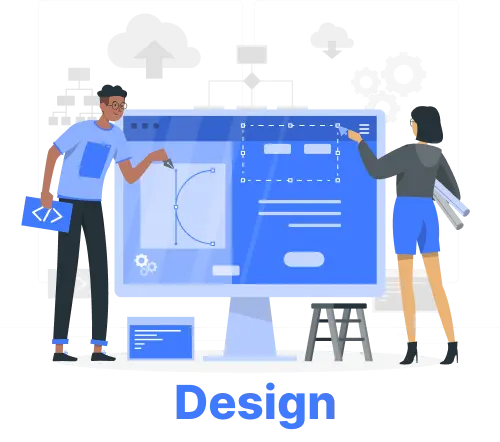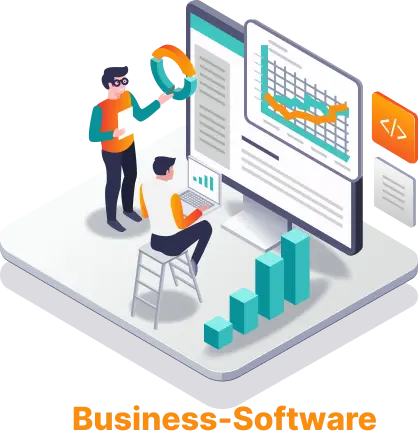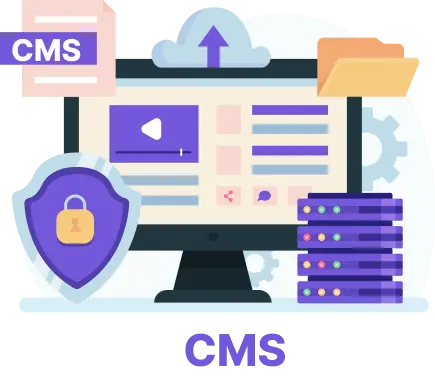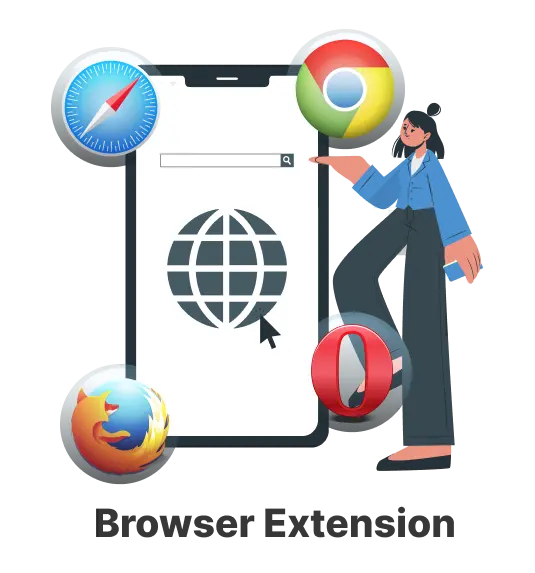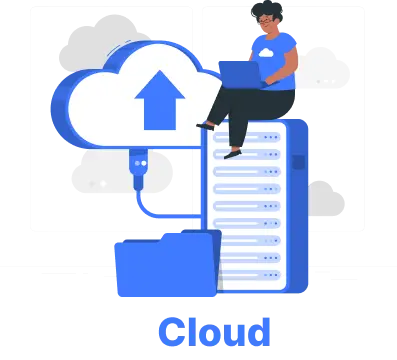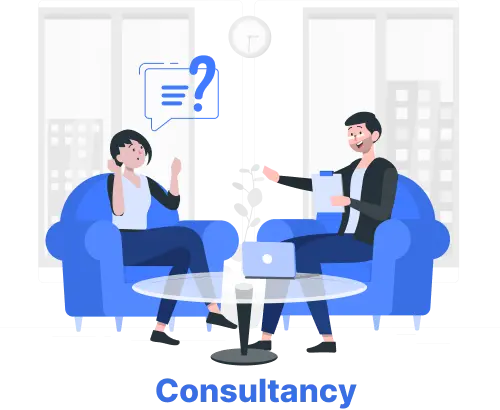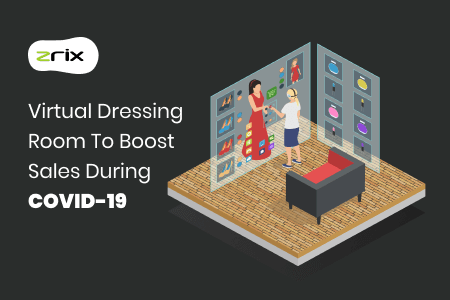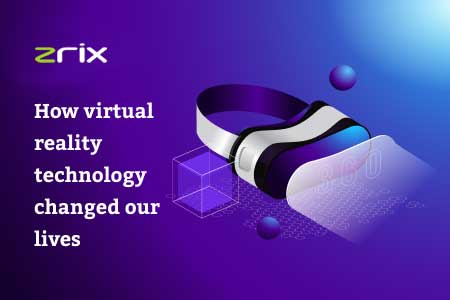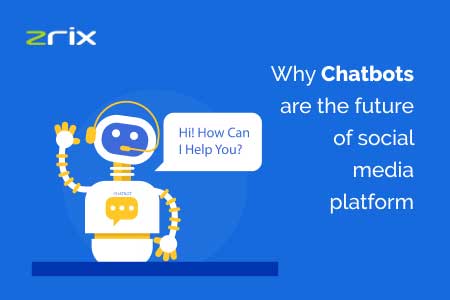How Virtual Reality is Transforming the future of work culture
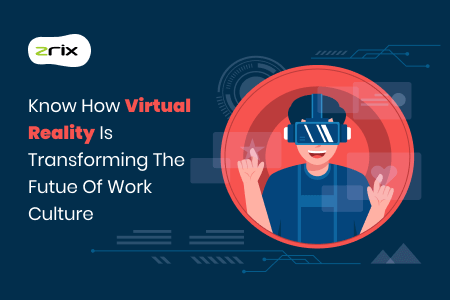
We are not present in the 1900s where there was no web, and going through a plane/aircraft was as yet a dream. Far off groups have the important apparatuses to fortify their organization's way of life and cooperation levels.
Furthermore, as time cruises by, these devices are moving up to an unheard level of imagination. Also, we haven't referenced the impacts of COVID this year or what may happen this coming year now.
Innovation is making one stride to control and change the eventual fate of workplaces with Virtual Reality (VR)!
Thus, we have decided to talk about VR (Virtual Reality) in the workplace. Let's start -
Quick Navigation
Numerous software development service providers in USA are making impressive interests in the computer-generated experience via AI and virtual reality. They state that VR is the eventual fate of everything.
Despite the fact that VR development and advancements began in the mid-90s, its market has gotten critical development in the previous few years.
"Today businesses use virtual reality applications in their businesses. And the VR business is said to grow to $4.26 billion in 2023 from $829 million in 2018."
The gaming and media outlets are the ones who, right now, are exploiting this innovation, but the future of work trends will include VR in many industries' businesses.
Organizations like Samsung, Google, etc. sell goggles, gloves, and different instruments for buyers to buy and take video gaming to an unheard level of imagination and experience.
Notwithstanding, VR is expanding itself in the EdTech business too. For example, clinical schools are beginning to execute this sort of innovation to prepare specialists.
AI and Machine Learning are likewise used to assist researchers in a better understanding of complex issues and examine further viewpoints.
In this way, as indicated by the Virtual Reality Society, "VR gives us a form of reality that isn't generally there, yet from your point of view, it would be seen as a genuine one."
In specialized terms, VR is "a term used to portray a three-dimensional, PC software produced experienceable environment which can be investigated and associated with an individual."
Is Virtual Reality the Future of Workplace Culture?
The vast majority of us who run far-off organizations and now and again have a ton of fun during gatherings wish profoundly to before long rejoin face to face with the entire organization to share drinks!
“According to a report, a year ago it was anticipated that almost 23.5 million job positions worldwide would utilize AR and VR knowledge by 2030 for preparing, work gatherings, or to give better client care.”
Prior to the pandemic, the VR market was anticipated at a 45.7% yearly rate.
Organizations like Spacial, which makes VR experience via rendering Zoom have seen a 1,000% expansion in utilization since March 2020. IrisVR is also one such VR development company with vivid programming skills in website design and development.
Now, Accenture, a worldwide expert administration organization, is utilizing VR practices for new enlistment strategies.
Vive X, a VR-focused global accelerator has raised some $60 million by using VR technology in medical care and business enterprise training.
Additionally, Facebook's VR headset brand Oculus focuses on VR for business use.
In a period where a significant piece of corporations and organizations are going on the web via VR tools, in the workplaces, it is more enthusiastically getting representatives to look after the center, and persistent detachment from their associates can prompt both a less profitable and less durable group.
Furthermore, this is actually why virtual reality systems hold gigantic potential for strengthening collaboration among organizations.
What Are The Challenges to Work Culture Change With Virtual Reality Systems?
You may imagine that computer-generated simulation, i.e. VR is something that is generally bound for the gaming business? But, reconsider it!
This may have been valid from the outset, however recently, the focal point of all augmented and virtual simulation developments is moving increasingly more onto business applications.
Also Read: How Virtual Reality Technology Changed Our Lives?
Virtual Reality offers quite a vivid encounter while dealing with a far off labor force. You and your group will feel you are in a similar office space!
The inquiry may not be whether vivid innovation is at last prepared for general society, yet rather, would we say we are prepared for it?
Specialists and VR experts concur that PRIVACY is the greatest concern for Virtual Reality!
With VR/AR innovation we're gathering data that to date has not for the most part been gathered, positively not for any expansive scope.
There are real purposes behind organizations to record physiological reactions like eye development or pulse from clients. For instance, an organization might need to forestall VR disorder.
In any case, that data could likewise be utilized to infer mental reactions — checking sexual inclinations, proclivity to savagery, and levels of compassion. Furthermore, that information is entirely significant to those attempting to arrive at customers.
As indicated by Perkins Coie's study, medical care will be the territory generally upset by vivid advances throughout the following year.
For instance, specialists can utilize AR body planning to see clinical details straightforwardly on a patient, use VR in preparing and schooling, or even a medical procedure go through with a virtual variant of the patient's body. The patient's in the interim could use the advancements for things like active recuperation.
Despite the fact that the computerized change of the working environment is blasting fastly, keeping augmented reality protection and security at an incredibly elevated level is significant.
Is Virtual Reality Potential In The Workplace?
All things considered, there lies an immense potential in utilizing virtual reality systems, applications, and tools among organizations.
That being stated, the selection will be delayed as the gadgets are as yet associated with significant expenses and it will require some investment to make customized applications that fit the uniqueness of every business.
Nonetheless, as increasingly more work gets virtual and somewhat additionally distant and with always changing customer requests, will turn out to be more mind-boggling – more organizations will be interested to investigate how computer-generated reality can be received to improve authoritative business measures.
"Improved communications, Better training techniques, Attracting the right talent & HR, Virtual tours, Organizing data better, and Strengthen your company’s culture are some top applications of VR in the workplace."
Fortunately putting resources into tech development doesn't need to be a crucial choice for your business.
Little instruments and applications that help carry more of an incentive to your cycles don't typically need tremendous speculation, so regardless of whether some of them end up not creating a distinction, it wouldn't be a significant misfortune in the VR.
Also Read: Learn Lead Generation Easily To Increase Your Website ROI
Somehow, computer-generated virtual reality is the future, so it is shrewd to become accustomed to it and trial with whatever number of types of VR items as could be allowed.
Are You Ready With Upcoming VR Scenario?
We actually have far to go until VR is as basic as having a telephone. Numerous organizations are offering their VR items to a more restricted crowd.
Lofty scholarly establishments are beginning to see VR as a device to assist them with accomplishing research. Indeed, even the military has begun utilizing this to recreate war zone circumstances.
Taking a crowd of people and growing its concentration and view to the entire world's labor force isn't simple. It requires a great deal of venture, and not all organizations are in the situation of expenditure a large number of dollars to cause the sorcery to occur.
All things considered, with far off work taking more than 2020 and innovation improving over the long haul, this could be the latest year where individuals drive 2 hours to get to an office.
At the point when VR gets normal at organizations, there will be no compelling reason to go through cash leasing extravagant structures and other critical costs since everybody will work from their homes.
Far off work is prepared to grasp computer-generated reality. Shouldn't something be said about IoT application development services?
What are your thoughts? mention us in the comment section below!

